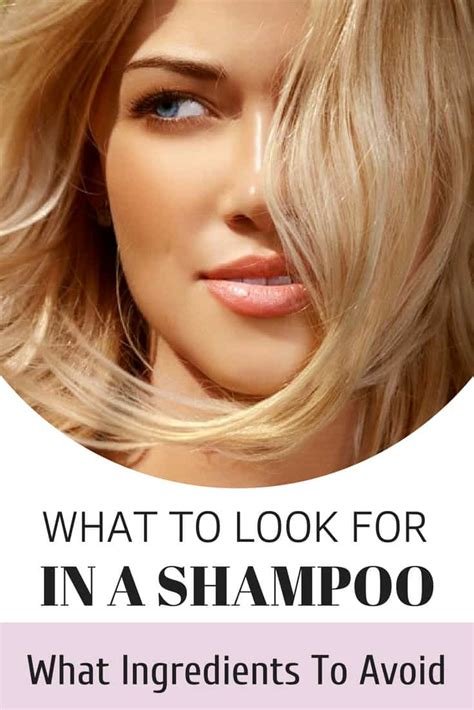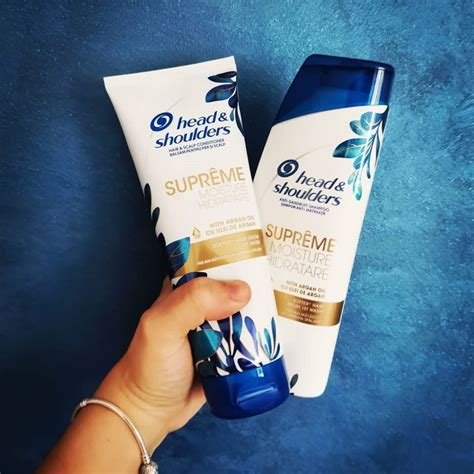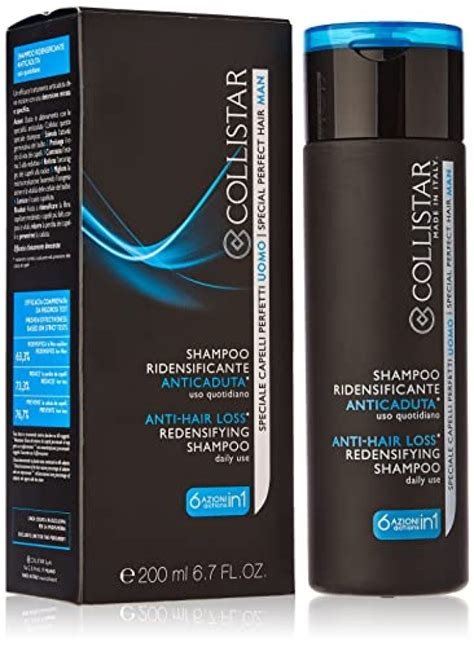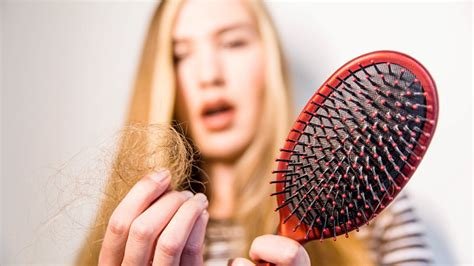Are you experiencing hair loss and looking for solutions? In this blog post, we will explore the various causes of hair loss, from genetics to lifestyle factors, to help you better understand why it may be happening to you. We will also discuss how to develop a personalized hair care routine that can help promote hair growth and minimize further loss. Additionally, we will delve into natural remedies and treatments that you can try at home, as well as over-the-counter products that may aid in hair regrowth. For those with severe hair loss, we will also consider medical interventions that can help address the issue. Whether you’re dealing with mild or severe hair loss, this blog post will provide you with valuable information and options to consider.
Understanding The Causes Of Hair Loss
Do you suffer from hair loss and wonder what might be causing it? Understanding the causes of hair loss can help you determine the best course of action to prevent further hair loss and promote regrowth. There are several factors that can contribute to hair loss, and it’s important to identify the underlying cause in order to find the most effective solution.
One common cause of hair loss is genetics. If you have a family history of baldness or thinning hair, you may be predisposed to experiencing hair loss yourself. This type of hair loss, known as androgenetic alopecia, is the most common cause of hair loss in both men and women. Fortunately, there are anti hair loss shampoos and treatments specifically designed to defend against hair loss caused by genetic factors.
In some cases, hair loss may be the result of certain medical conditions or treatments. Conditions such as thyroid disorders, autoimmune diseases, and hormonal imbalances can lead to hair thinning and shedding. Additionally, undergoing chemotherapy or radiation therapy can cause temporary hair loss. It’s important to consult with a healthcare professional to address any underlying medical issues that may be contributing to your hair loss.
| Cause of Hair Loss | Possible Solutions |
|---|---|
| Genetics | Hair loss shampoo, topical treatments, oral medications |
| Medical conditions | Treatment of underlying condition, prescription medications |
| Stress | Stress management techniques, improved self-care |
Developing A Personalized Hair Care Routine
As someone who has struggled with hair loss, I understand how frustrating it can be to find the right solution. After trying countless anti hair loss shampoos and treatments, I realized that developing a personalized hair care routine was the key to improving the health and thickness of my hair. Finding the right products and techniques that work for your unique hair type and concerns is essential for preventing further hair loss and promoting new growth.
When it comes to developing a personalized hair care routine, one of the most important factors to consider is using the right hair loss shampoo. Look for products that are specifically designed to defense hair loss and promote hair growth. Ingredients such as caffeine, biotin, and ketoconazole are known to have beneficial effects on the scalp and hair follicles. Additionally, using a gentle, sulfate-free shampoo can help prevent further damage and breakage to the hair.
In addition to using the right anti hair loss shampoo, incorporating scalp massages and essential oils into your hair care routine can also make a significant difference. Massaging the scalp can improve blood circulation and stimulate the hair follicles, while essential oils such as rosemary, peppermint, and lavender have been shown to have hair-strengthening and growth-promoting properties. Developing a personalized hair care routine that includes these techniques and products can help improve the overall health and appearance of your hair.
Exploring Natural Remedies And Treatments
When it comes to finding effective solutions for hair loss, many people turn to natural remedies and treatments as an alternative to chemical-based products. As someone who has experienced the frustration of dealing with hair loss, I understand the importance of exploring all possible options to find the best solution for my own personal needs.
One natural remedy that has gained popularity in recent years is anti hair loss shampoo. These shampoos are designed to promote hair growth and strengthen the hair follicles, making them less prone to breakage. I have personally found success in using defense hair loss shampoo as part of my daily hair care routine. The natural ingredients in these products have helped to improve the overall health and thickness of my hair.
| Natural Remedies | Treatments |
|---|---|
| Hair loss shampoo | Scalp massages |
| Essential oils | Scalp exfoliation |
| Herbal supplements | Acupuncture |
In addition to hair loss shampoo, there are a variety of other natural remedies and treatments that can be effective in promoting hair growth and preventing further loss. From scalp massages and essential oils to herbal supplements and acupuncture, I have found that incorporating these practices into my routine has made a significant difference in the overall health and appearance of my hair.
Evaluating Over-The-Counter Hair Loss Products
When it comes to finding the right hair loss solution, it’s important to consider all available options. As someone who has struggled with hair loss, I understand the frustration and desire to find a product that works. Over-the-counter hair loss shampoo and treatments are often the first line of defense for many individuals experiencing hair loss. These products are easily accessible and can be a convenient way to address the issue without seeking medical intervention.
However, it’s crucial to approach anti hair loss shampoo and other over-the-counter products with a level of skepticism. Not all products are created equal, and it’s essential to do thorough research and evaluation before making a purchase. The market is saturated with various options, each claiming to be the ultimate solution to defense hair loss. It’s easy to become overwhelmed and confused by the abundance of choices, but taking the time to understand the ingredients and mechanisms behind these products is crucial.
When evaluating hair loss shampoo and other over-the-counter treatments, it’s important to consider their effectiveness, safety, and potential side effects. Reading reviews and seeking recommendations from trusted sources can provide valuable insight. Additionally, consulting with a dermatologist or trichologist can help in determining the most suitable product for your specific type of hair loss. While over-the-counter options can be a convenient starting point, it’s essential to approach them with caution and a critical eye.
Considering Medical Interventions For Severe Hair Loss
When it comes to severe hair loss, many people feel frustrated and overwhelmed. It can significantly impact self-esteem and confidence, leading individuals to seek out medical interventions to address the issue. While there are numerous over-the-counter options available, some individuals may require more advanced treatments to effectively combat hair loss.
One potential option for those experiencing severe hair loss is anti hair loss shampoo. This type of shampoo is formulated with ingredients specifically designed to defend against hair loss and promote hair growth. It is important to consult with a medical professional to determine if this type of product is suitable for your individual needs. In some cases, stronger prescription medications may be necessary to effectively combat severe hair loss.
In addition to topical treatments, certain medical interventions such as hair transplants or low-level laser therapy may be recommended by a medical specialist. These options can provide more intensive treatment for severe hair loss and may offer a long-term solution for those struggling with this issue.
Frequently Asked Questions
What are the common causes of hair loss?
The common causes of hair loss include genetics, hormonal imbalances, medical conditions, stress, and certain medications or treatments.
How can I develop a personalized hair care routine?
To develop a personalized hair care routine, consider factors such as your hair type, scalp condition, lifestyle, and any specific hair concerns you may have. Consulting with a professional stylist or dermatologist can also help in creating a personalized routine.
What are some natural remedies and treatments for hair loss?
Natural remedies and treatments for hair loss may include scalp massages, essential oils, dietary supplements, and herbal remedies such as aloe vera or onion juice. However, it is important to consult with a healthcare professional before trying any natural remedies.
How can I evaluate over-the-counter hair loss products?
When evaluating over-the-counter hair loss products, consider the active ingredients, potential side effects, and customer reviews. It’s also advisable to consult with a healthcare professional to determine if the product is suitable for your specific condition.
What are some medical interventions for severe hair loss?
Medical interventions for severe hair loss may include prescription medications, hair transplant surgery, or laser therapy. It is essential to consult with a dermatologist or hair specialist to explore the best treatment options for your individual needs.
How do I know if I should seek medical intervention for my hair loss?
If you are experiencing excessive or sudden hair loss, it is advisable to seek medical intervention. Additionally, if your hair loss is accompanied by other symptoms such as scalp irritation or changes in hair texture, consulting with a healthcare professional is recommended.
What lifestyle changes can help prevent or minimize hair loss?
Adopting a healthy lifestyle, managing stress, maintaining a balanced diet, and avoiding harsh hair treatments or styling practices can help prevent or minimize hair loss. Additionally, using gentle hair care products and protecting your hair from environmental damage can contribute to overall hair health.








